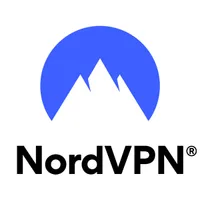The ultimate guide to VPNs: everything you need to know
All of our VPN knowledge in one place
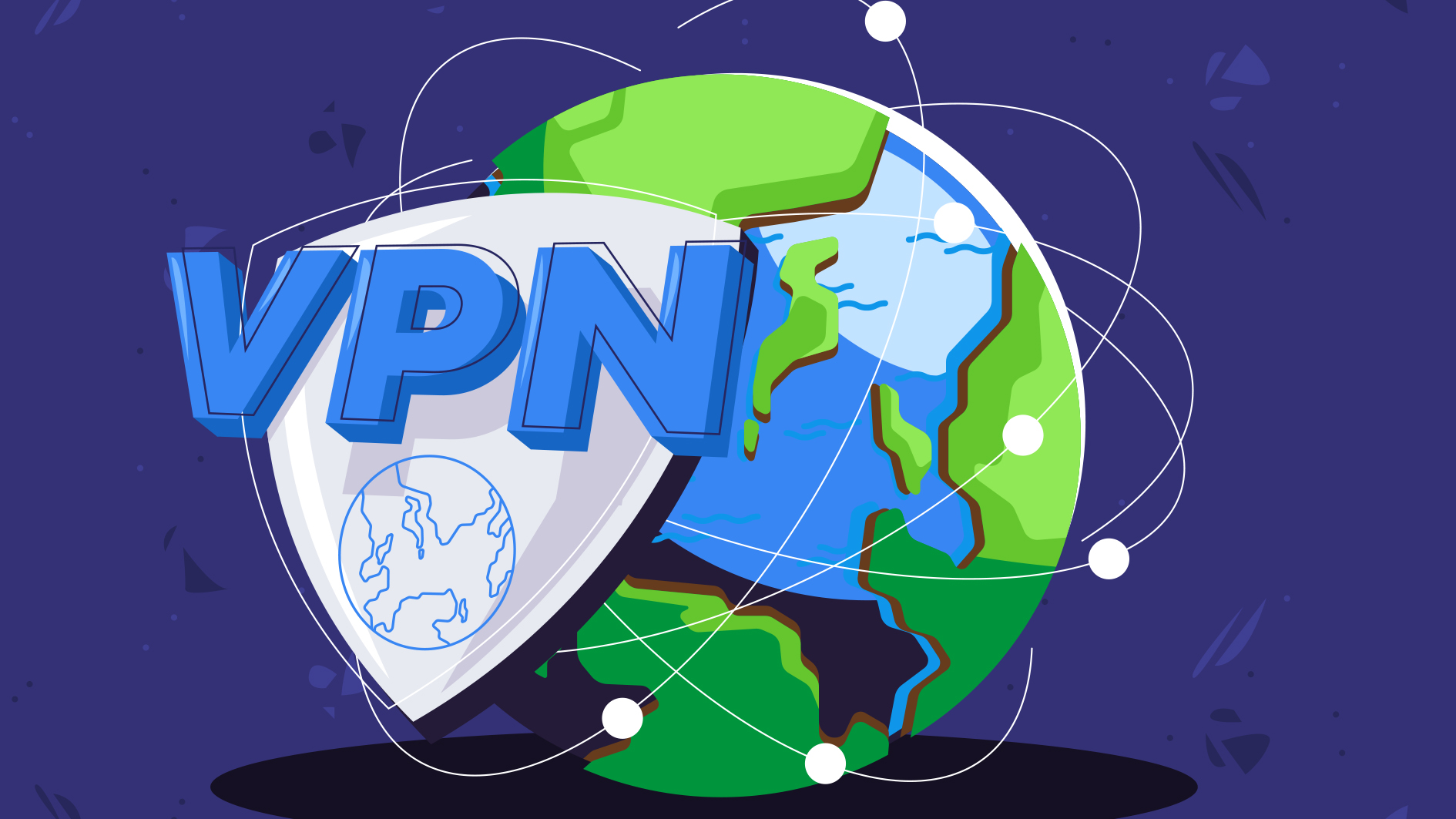
Here at Tom’s Guide our expert editors are committed to bringing you the best news, reviews and guides to help you stay informed and ahead of the curve!
You are now subscribed
Your newsletter sign-up was successful
Want to add more newsletters?

Daily (Mon-Sun)
Tom's Guide Daily
Sign up to get the latest updates on all of your favorite content! From cutting-edge tech news and the hottest streaming buzz to unbeatable deals on the best products and in-depth reviews, we’ve got you covered.

Weekly on Thursday
Tom's AI Guide
Be AI savvy with your weekly newsletter summing up all the biggest AI news you need to know. Plus, analysis from our AI editor and tips on how to use the latest AI tools!

Weekly on Friday
Tom's iGuide
Unlock the vast world of Apple news straight to your inbox. With coverage on everything from exciting product launches to essential software updates, this is your go-to source for the latest updates on all the best Apple content.

Weekly on Monday
Tom's Streaming Guide
Our weekly newsletter is expertly crafted to immerse you in the world of streaming. Stay updated on the latest releases and our top recommendations across your favorite streaming platforms.
Join the club
Get full access to premium articles, exclusive features and a growing list of member rewards.
Virtual Private Networks (VPNs) encrypt your internet connection and change your IP address. Combined, these two actions help improve your online privacy by hiding what you're looking at, and they can also help you evade tracking by third parties, such as advertisers, hackers, the government, and your internet service provider (ISP).
Because your data is sent via a remotely located VPN server, you can also access the internet as if you were in any country you can find a server for.
The best VPNs are valuable for protecting your privacy and can help you get around censorship, protect your data on unsecured, public Wi-Fi connections, and access geo-locked content that you wouldn’t otherwise be able to reach.
In this comprehensive guide, we’ll answer some of the most commonly asked questions about VPNs and what they can do for you.
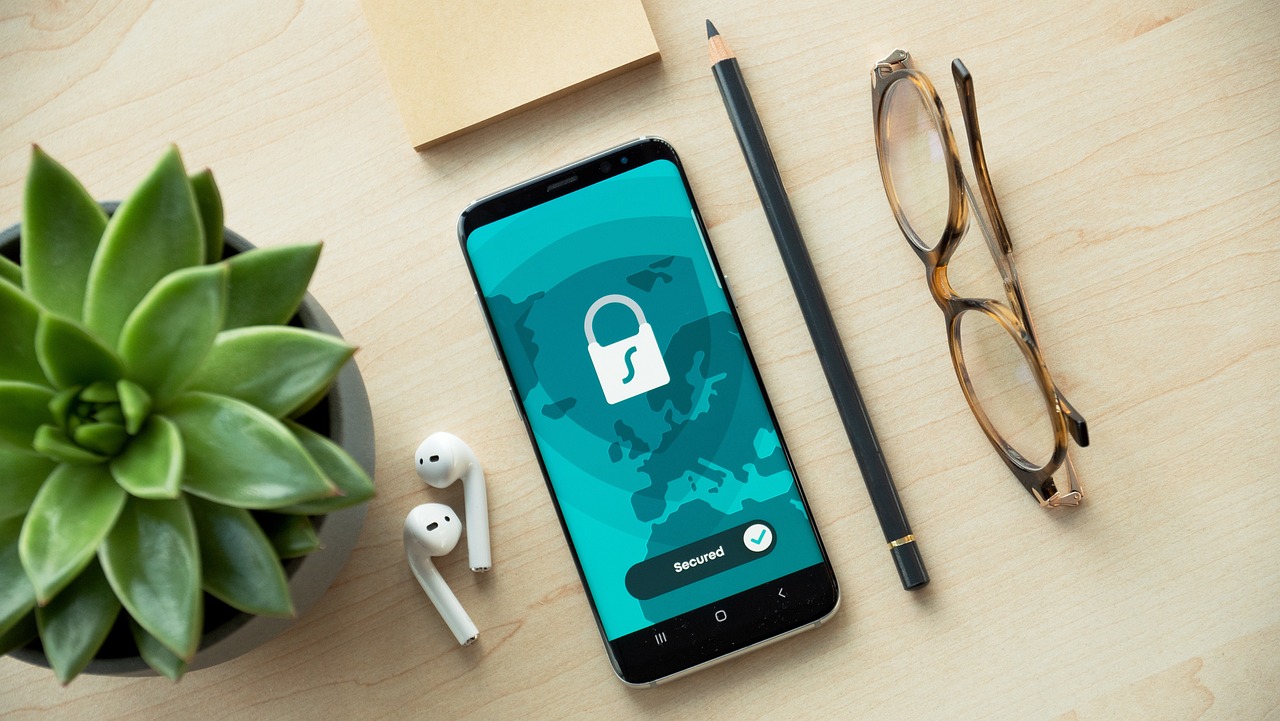
Section 1: Finding the best VPN
What is the #1 best VPN?
We rate NordVPN as the best VPN on the market today based on our thorough testing of the product and its top competitors. It has excellent security credentials, offers high-speed connections, and has a huge global server network, with 129 countries in its list of locations.
It’s also great for unblocking international streaming services and has a solid auditing history, with regular independent testing checking and proving its claims. For a more detailed breakdown, read our full NordVPN review.
NordVPN: our top pick for most people
NordVPN balances great privacy features and a decent amount of customization with intuitive apps, excellent speeds, and the ability to unblock every streaming service we've tested it with.
The two-year plan works out at $3.39 per month (paid as $81.36 plus tax up front). There's a 30-day money-back guarantee if it doesn't work for you.
Which VPN works worldwide?
Top VPNs, like NordVPN, ExpressVPN, Surfshark, and Proton VPN, work around the world. All of these providers have VPN server locations in 100+ countries, enabling users to access geo-locked content from these territories, or to find servers close to their location or in their own country.
Some countries try to block VPNs, but all these providers offer obfuscation tools, which can help stop third-parties from detecting that you’re using a VPN.
Which VPN is 100% safe?
It's important to say at the beginning that Tom's Guide cannot guarantee that any particular VPN isn't collecting and storing your data. All we can do is judge the published evidence we have available, and look at the results from our rigorous testing.
Good VPNs will run independent audits of their processes and technology and will have a no-logging policy that promises not to track your data. Of course, third-party audits still have the chance of missing something, so having a no-logging policy proven in court is even better. Private Internet Access and Windscribe are two providers that have been taken to court, and have proven they had no information to give.
Beyond no-logging policies, it's easier for us to tell whether a VPN is well-made. We can study to code, run our tests to try and break features, and generally judge whether the apps are well-made. A robust kill switch – a tool that cuts your whole internet connection if the VPN drops out to prevent your data from leaking – is key here. Don't buy a VPN without one.
There are many low-quality providers that will log or sell your data, have weak security, or are actually fronts for malware. Many of these dangerous VPNs are offered for free, but are worse than having no VPN.
The best way to find safe, effective VPNs is to read reviews from trusted sources that have thoroughly tested them and are able to bring expert knowledge to bear. All of the VPNs in our guides to the best VPNs and the most secure VPNs are safe to use.
Section 2: Is a VPN worth it?
Is using a VPN actually worth it?
Yes, we consider that using a VPN is worth it for most people. Good VPNs can protect your privacy online and help you evade censorship, access geo-locked content, prevent you from being tracked, stop your ISP from throttling your bandwidth, and secure your connection on public Wi-Fi networks.
If you often use public Wi-Fi or travel a lot, then using a VPN is definitely worth it, and they provide a lot of value by protecting your data and privacy.
Some select, trusted providers, like Proton VPN, TunnelBear, and PrivadoVPN, also offer free VPNs that we would recommend, so you can protect yourself without having to spend a penny. If you're planning on using a free VPN, though, do your research to avoid signing up to an untrustworthy service.
However, if you're not worried about your internet provider collecting and selling your online activity, and you're not a big streamer, you may not find a VPN offers you much. As privacy advocates, though, we'd recommend reading up on the myriad privacy issues online, and considering whether a VPN is a tool you'd like to use or not.
Is NordVPN worth it?
We believe that NordVPN is worth it, as it's the best VPN service available based on our testing. NordVPN’s Basic plan costs $3.39 per month with a 24-month plan and offers fast connections, excellent security, and an extensive global server network, with locations in 129 countries.
There are cheaper alternatives, such as Surfshark and Private Internet Access, and NordVPN's Mac VPN app could be improved with upgrades to its kill switch and split tunneling, but we rate NordVPN as a very solid package.
That said, ExpressVPN, Surfshark, and Proton VPN are all strong alternatives and are worthy of consideration.
Does the average person really need a VPN?
Anyone who wants to keep their identity and internet use private should be using a VPN. By using a VPN, you can stop advertisers, your ISP, and the government from snooping on your online activity, logging it, or selling records of your activity.
Many people also use VPNs to evade censorship and to access geo-locked international content. With the rise in age verification laws (such as the Online Safety Act in the UK), everyday VPN use is becoming increasingly common.
Whether you need to use a VPN will ultimately depend on how much you value keeping your personal data private online.
Section 3: Legality and restrictions
Is using a VPN illegal in the US?
No, it’s not illegal to use a VPN in the US, and only highly authoritarian states outrightly ban VPNs at present.
With the rise in online age verification legislation (with 25 out of 50 states introducing some form of online age verification), there have been moves by some lawmakers to restrict or ban VPN use in the US to stop people from using them to circumvent these laws.
It's currently too soon to tell how these proposed restrictions will pan out, however.
Which country does not allow VPN use?
VPNs are banned in Belarus, Iraq, North Korea, and Turkmenistan, but they are legal across the West. Some authoritarian regimes restrict internet use, leading them to ban VPNs to stop people from circumventing these restrictions.
However, beyond the countries that have banned VPNs entirely, there are a larger number where the use of VPNs is strictly controlled.
Country | VPN status |
Belarus | VPNs have been banned since 2016 |
Iraq | VPNs have been banned since 2014 |
North Korea | VPNs are banned |
Turkmenistan | VPNs have been banned since 2015 |
China | Only government-approved VPNs are legal, and authorization is required for use |
India | VPN providers with physical servers in India must log user data |
Iran | Only government-approved VPNs are legal |
Myanmar | Unauthorized VPN use is illegal |
Oman | Organizations require approval for VPN use |
Pakistan | Attempts have been made to ban VPNs, and business use requires a license |
Russia | Only government-approved VPNs are legal |
Turkey | Some VPNs are banned and restrictions have been made on internet use |
United Arab Emirates (UAE) | Only government-approved VPNs are legal |
Why are VPNs banned in some countries?
VPNs are banned in some countries to stop users circumventing internet restrictions, such as blocks on specific sites, apps, and types of content. For example, China blocks many popular social media apps like Instagram, while the Saudi Arabian government bans access to sites hosting adult content.
VPNs can enable people to get around blocks by connecting to servers in other countries, giving them unrestricted access to the internet.
Because of this, countries with restrictive internet policies sometimes ban VPNs. However, generally speaking, VPNs are legal and unrestricted in most countries at present.
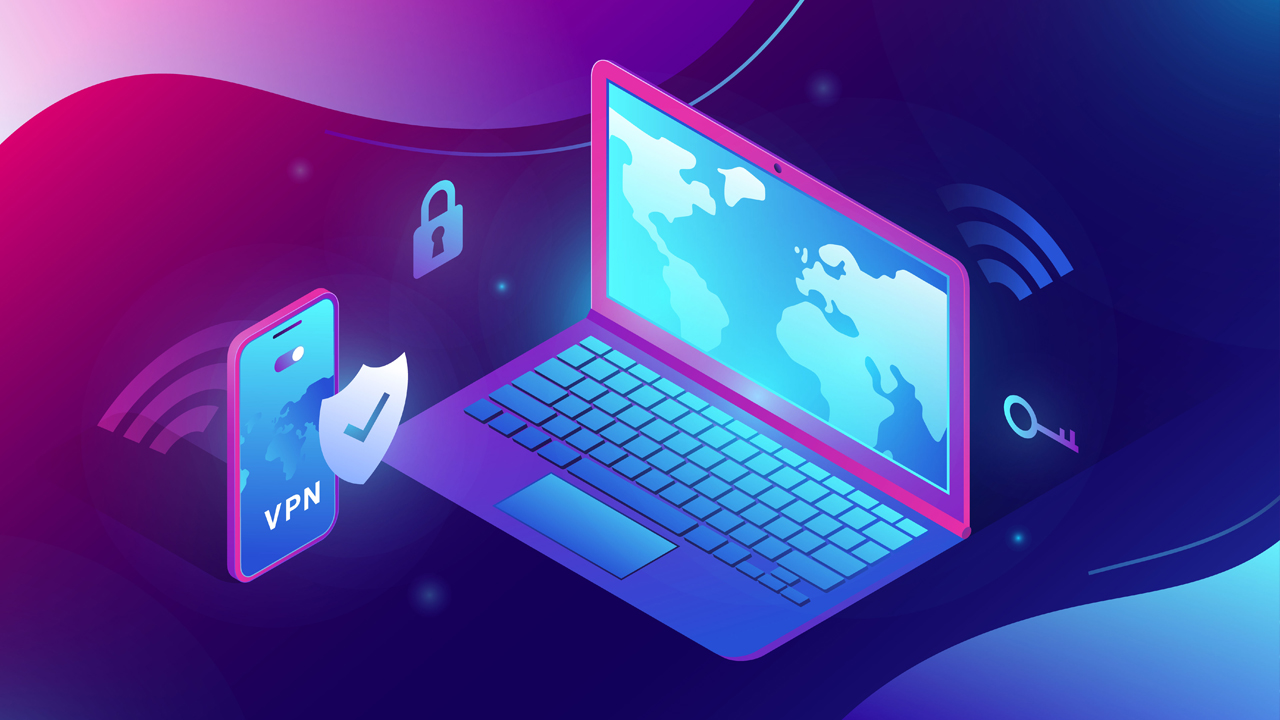
Section 4: Streaming services and VPNs
Will Netflix ban me if I use a VPN?
No, it’s very unlikely that Netflix will ban you for using a VPN. Streaming services negotiate licensing agreements for content for every country that they operate in, meaning they have different content libraries for different territories.
The best Netflix VPNs allow you to access the internet as if you were in another country and unlock the relevant content library. If Netflix detects that you are using a VPN, it will only display movies and TV shows that it has worldwide rights for, such as "Stranger Things" and "Wednesday."
Using a VPN goes against Netflix's terms of service, so the company could theoretically block your account for doing so. However, we’ve never heard of this actually happening.
How does Netflix know I’m using a VPN?
Netflix tracks IP addresses that are linked with VPN services and restricts or bans them to stop users from accessing content that isn’t licensed for their location.
However, this is largely ineffective, as the best streaming VPNs typically rotate their IP addresses on a frequent basis to prevent detection. Streaming services may also look for factors like unusually large numbers of users logging in from a single IP address.
If you find that you can’t access a streaming service with a VPN, switching servers is often effective, as it will provide you with a new IP address. It’s also important to underline that Netflix VPNs are legal.
Does Hulu ban VPN?
Hulu bans VPN use to stop users from accessing movies and TV shows outside of the US. However, the best VPN providers are generally able to get around these blocks with features like streaming-optimized servers, dedicated IP addresses, and Smart DNS (which reroutes DNS requests to bypass restrictions).
If Hulu detects VPN use, it blocks the site, which is only available to US users, but the platform is very unlikely to actually block your account.
There’s also a Hulu service in Japan, though this is a separate operation and is also restricted to a single country, meaning you’ll need a VPN to access it from abroad.
Section 5: Privacy, safety, and tracing
Can I be traced if I have a VPN?
Using a VPN makes it far harder for your activities to be tracked online. VPNs mask your IP address and encrypt your internet traffic, meaning that what you do online can’t be traced back to your real IP.
However, if you log into online services or have spyware installed on your device, then third parties can potentially record what you are doing. In addition, if you commit illegal acts while using a VPN, these remain illegal, though VPN use is legal itself across the West.
Can the government still track you if you use a VPN?
VPNs prevent governments from tracking you or reading your data by encrypting your online activity and routing it through remote servers. Features like obfuscation can make it hard to detect that you are even using a VPN.
However, governments that ban VPNs often have sophisticated methods for tracking VPN use with techniques such as traffic analysis. In situations like this, your data may remain private, but third parties can detect that you are using a VPN. If you have spyware on your device, then third parties can also directly track your activity.
Similarly, an employer will be able to see that you’re using a VPN if there is employee monitoring software on your device.
Can police track me if I use NordVPN?
The police cannot track you or read your data if you use NordVPN, as your traffic is encrypted and transmitted via a remote server. In addition, NordVPN has an audited no-logs policy and a transparency report, stating that it doesn’t log any of your data so it is unable to hand over any records to the authorities.
The police could potentially identify an IP address assigned to you by NordVPN, but they would be unlikely to be able to connect this to you and wouldn’t have any records of your activity. Of course, if you do things that are illegal while using a VPN, then these are still illegal.
Can a VPN really hide my IP address?
VPNs hide your real IP address, making you anonymous online. When you connect to a VPN service, your connection is routed via a remote VPN server. Your IP address will then appear as the one assigned by the server.
This is useful if you want to browse the internet anonymously, access geo-restricted services (such as streaming platforms), protect your connection while torrenting, or connect to gaming VPN servers in specific regions.

Section 6: When not to use a VPN
When should you not use a VPN?
You shouldn’t use a VPN if you're conducting bandwidth-heavy activities where privacy isn’t important, due to the impact on your connection speed.
VPNs are also banned in some places (such as workplaces, schools, and some countries). You may find you can use VPNs in these cases, and obfuscation can help prevent third parties from detecting VPN use, but you should bear the potential consequences and penalties in mind if you choose to use one.
VPNs can also interfere with some websites and games, so you may find you need to temporarily switch it off if you're having issues, or set up split tunneling.
What is the disadvantage of using a VPN?
The biggest disadvantage of using a VPN is that all VPNs will have some impact on your internet connection speed, as they route your traffic through a remote server. Some sites and services also attempt to block VPNs, meaning that you may have compatibility issues or be asked to confirm that you are human.
There are also low-quality services on the market that may not adequately protect your connection, may log and sell your data, and may even upload malware to your device. Because of this, we recommend researching providers and opting for the top VPN operators.
Section 7: Alternatives and comparisons
What is safer than a VPN?
There are several alternatives to VPNs, such as Tor and proxy services. However, VPNs are safer than them, according to most experts, as they encrypt your connection so you can use the internet privately and securely. The Onion Router, or Tor, sends your data through layers of nodes in the Tor network.
When it reaches the exit node, your data is fully decrypted, and hostile actors often attempt to monitor this unprotected traffic. Tor also publishes lists of exit nodes, so these IP addresses are frequently blocked, making it the weaker option in a Tor vs. VPN comparison.
When looking at VPNs and proxies, proxies can change your IP address, allowing you to spoof your location, and they route your traffic via an intermediary server, screening your activity from your ISP. However, they don’t encrypt your traffic like a VPN does, so they’re not truly secure.
What VPN do hackers recommend?
Hackers recommend VPNs like Mullvad and Private Internet Access (PIA), which are favored by more technical individuals looking for the most private VPNs.
Mullvad accepts Bitcoin and physical cash payments, it allocates you an account number rather than an email profile, and it doesn’t offer long-term plans, to minimize the information it stores. PIA, meanwhile, supports port forwarding and flexible split tunneling, offers extensive controls over your protocol and DNS settings, and has advanced multi-hop and obfuscation features.
However, these providers do not necessarily offer the same features as more popular VPNs like NordVPN, Surfshark, and ExpressVPN, which offer excellent security, fast connections, and large server networks, and will be better products for most users.
Is NordVPN or Surfshark better?
It's a tight race, but NordVPN is marginally better than Surfshark based on our testing, and we rate it as the best VPN on the market. That said, we rate Surfshark as the second best and the best budget VPN.
When comparing NordVPN vs Surfshark, both providers offer fast connections with modern protocols, a solid independent auditing history for their technology and processes, and apps for a wide range of devices. However, NordVPN has a larger server network with locations in 127 countries, and it comes out ahead for unlocking streaming platforms.
On the other hand, Surfshark is a fair bit cheaper (at around two-thirds of the cost for long-term basic plans), and it allows you to connect an unlimited number of devices to the VPN, while NordVPN limits you to 10. Surfshark also has better-featured Mac apps, with features like split tunneling and a kill switch on iOS and macOS as well as Windows and Android.
Is Surfshark free?
Surfshark is not free, but unlike most providers it does offer a 7-day free trial for all devices, and it has a 30-day money-back guarantee. In addition, it’s one of the cheapest VPNs we've tested, costing $1.99 per month with a two-year subscription to the Starter plan, as we cover in our in-depth Surfshark VPN review. If you upgrade to the Surfshark One plan, for $2.49 per month with a 27-month subscription, you also get a full antivirus product included.
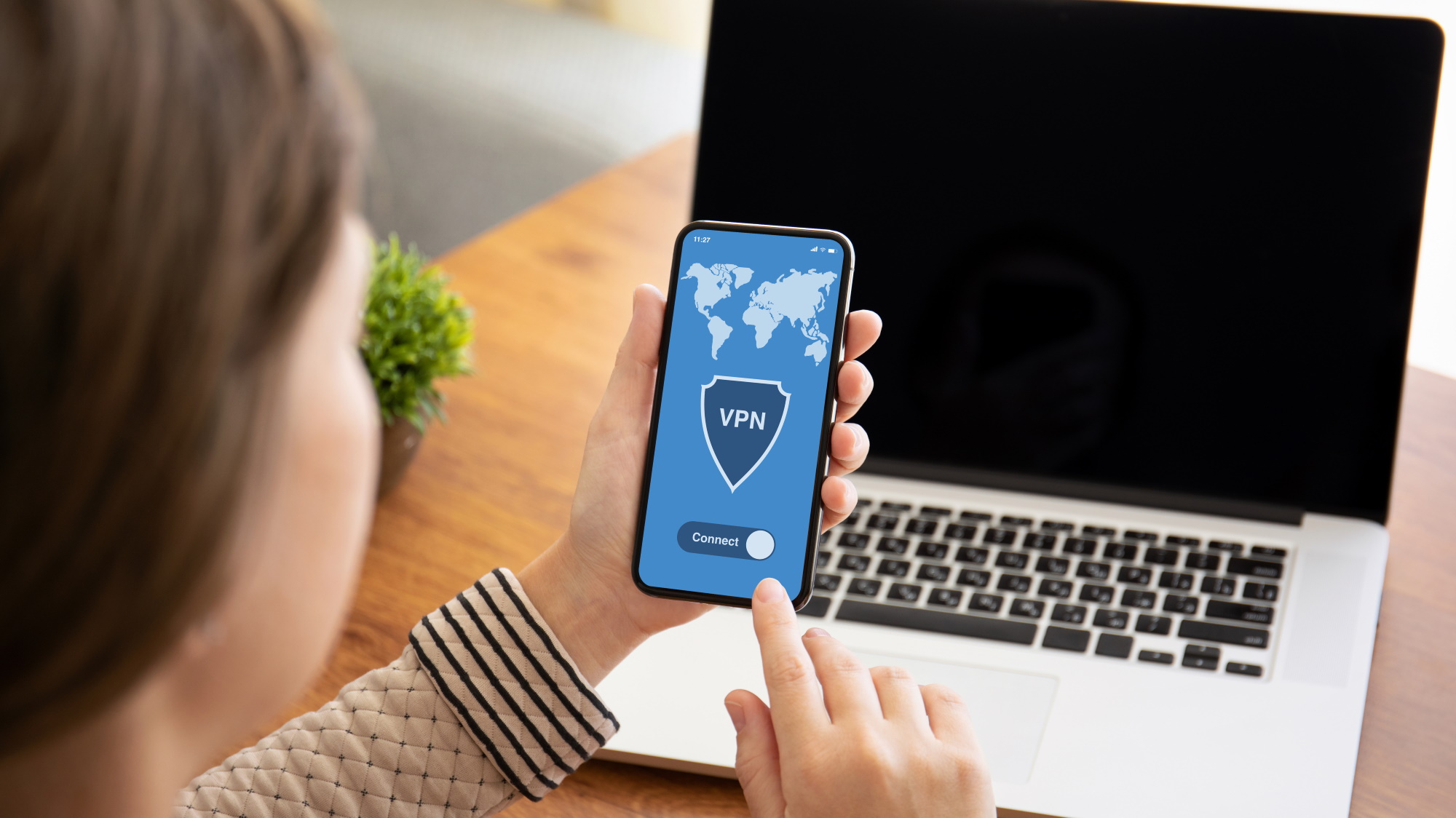
Section 8: Cost, ownership, and everyday use
How much is NordVPN monthly?
NordVPN currently costs $2.99 per month with a two-year subscription to the Basic plan. NordVPN’s pricing varies depending on the length of your subscription and the plan you subscribe to. For a one-year subscription, the Basic plan costs $4.59 per month, while one month is $12.99.
NordVPN Plus adds malware blocking tools, a password manager, and a data breach scanner. It costs $3.89 per month with a two-year subscription, $5.49 per month for one year, and $13.99 on a monthly basis. With NordVPN Complete, you get 1 TB of cloud storage for $4.89 per month with a two-year subscription, $6.49 per month for a year, and $14.99 for a monthly subscription.
The top-tier NordVPN Prime plan adds fraud monitoring alerts and insurance and costs $6.89 per month with a two-year subscription, $8.49 per month for one year, and $17.99 on a monthly basis. You can read more in our dedicated article on NordVPN's pricing and plans.
Who owns NordVPN?
NordVPN is owned by Nord Security, which also owns NordPass, NordLocker, NordStellar, NordLayer, and the eSIM provider Saily.
The company is based in Lithuania and was founded in 2012 by Tomas Okmanas and Eimantas Sabaliauskas.
Nord Security merged with Surfshark in 2022, and the two leading VPNs are now under shared ownership.
Should I leave my VPN on all the time at home?
A VPN will secure and anonymize your internet connection, so it’s a good idea to leave your home VPN on all the time, and most leading VPNs are designed to be used continuously. To optimize your connection speed, you may want to connect to a fast nearby server in your country if you aren’t trying to get around content blocks or access geo-locked content.
If you find that sites or apps consistently block you when using a VPN, or you want the fastest possible connection, then you may want to turn it off, while noting that this makes it possible for third parties to track you.
Is NordVPN allowed in the USA?
Yes, NordVPN is currently allowed in the USA and is one of the best US VPNs you can buy. The product is entirely legal at present, but there have been discussions of restricting or banning VPNs within the US due to their ability to circumvent age verification laws.
There are only a handful of countries in the world where VPNs are currently illegal, and these are highly restrictive states like Belarus, Iraq, North Korea, and Turkmenistan.
Section 9: VPN detection on networks
How do I tell if someone is using a VPN on my network?
You can tell if someone is using a VPN on your network using methods such as IP analysis, comparing IP addresses against lists of known VPN IP addresses, and deep packet inspection, checking the headers and payloads of data packets as they pass through your network.
Other approaches include checking for unusual port usage and identifying patterns of communication with specific servers.
Bottom line
VPNs are excellent tools for using the internet privately and securely, preventing third parties such as hackers, the police, and the government from tracking you online. They are also generally seen as being a better option for privacy than alternatives like Tor and proxies.
Leading providers like NordVPN, ExpressVPN, and Surfshark are widely considered to be safe and secure, and you can use their services on a continuous basis to protect yourself. We rate NordVPN as the best VPN, as it offers fast, secure connections, a large server network, and a robust set of features. That said, Surfshark, which is also owned by Nord Security, is a great budget alternative, and Proton VPN and Private Internet Access are great if you're more techy.
VPNs are legal and unrestricted in Western countries at present and are only banned in highly authoritarian states. Many people use VPNs in countries where they are restricted, and while obfuscation tools can prevent third parties from detecting VPN usage, this isn’t necessarily foolproof. Many streaming providers also attempt to block VPN usage to restrict access to geo-locked content, but many VPNs can get around this.
It’s also worth remembering that VPNs are a tool and not a silver bullet. You should make sure to activate features like the kill switch to prevent data leaks, and VPNs should be used in conjunction with antivirus software to ensure that you are fully protected against malware and other online threats.

Michael is an experienced technology writer, specialising in VPNs, antiviruses, and cybersecurity. Previously, he has written for publications including Techopedia, The Guardian, and Digital Spy and has worked with numerous tech firms in the SaaS space. Outside of work, Michael’s interests include cult TV, gamification, and behavioural economics.
- Mo Harber-LamondVPN Editor
- Olivia PowellTech Software Commissioning Editor
You must confirm your public display name before commenting
Please logout and then login again, you will then be prompted to enter your display name.
 Club Benefits
Club Benefits










